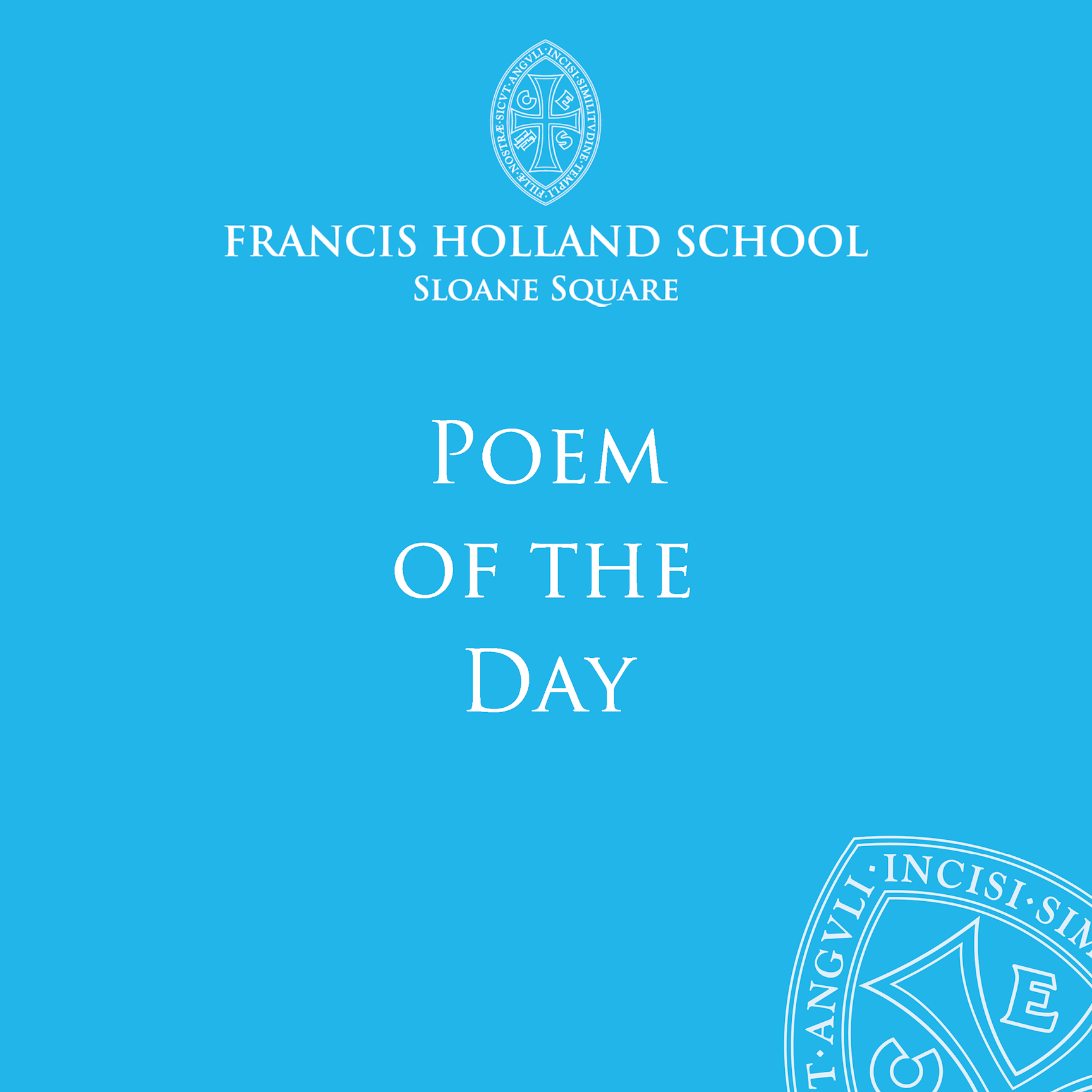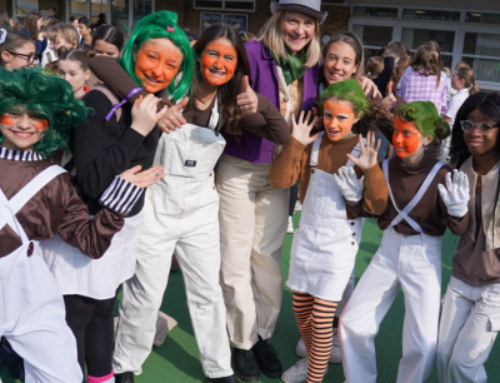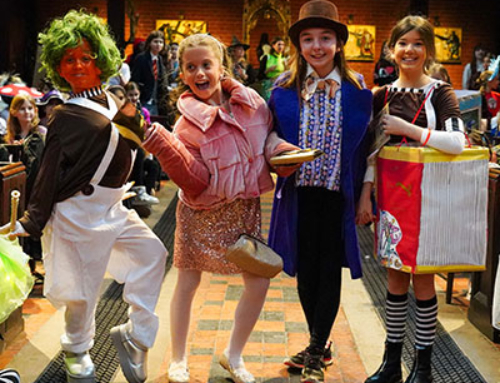Todays poem is for anyone who, when the sun peeps through their curtains early in the morning, thinks Oh go away! The Sunne Rising by John Donne (1572-1631) is an ode to the pleasure of lying in. But its also a great love poem: the reason Donne wishes the sun would skedaddle is that hed like to spend more time in bed with his lover. For Donne, love is gloriously complete. His lover makes time meaningless and the rest of the world may as well not exist: She is all States, and all Princes, I, / Nothing else is.
From its rude wake-up call of an opening (Busie old fool, unruly Sunne), the tone is mock-indignant, tongue-in-cheek. Of course Donne knows theres nothing he can do to stop time; the point of the poem is to have some fun trying. It’s bold to dismiss the thing that dooms all love (i.e. time) as rags; but when your lover is so gorgeous that (to you) she is both the Indias of spice and Myne, anything is possible or feels like it is. (That metaphor, incidentally, reminds us that Donne was writing at the beginning of Englands imperialist age: the riches of the West and so-called East Indies were up for grabs )
The poems argument is quite tricky to follow: see if you can trace the entirely logical thread that leads Donne from first telling the sun to be gone to, by the end, inviting it graciously to stay.
Some might question how romantic the poem is. As so often in Elizabethan love poetry, Donnes lover is rather marginalised: defined only by extravagant metaphors; there but not there; a silent presence, in bed beside Donne, presumably fast asleep (otherwise shed surely call for help, as her lover would appear to be arguing with the curtains). From its intricate rhyme scheme to its acrobatics of wit, the poem is pure performance. You could say that its true subject is Donnes own brilliance. Yet that seems a rather mean-spirited reading: after all, love can inspire performance and this is such a joyous one. (Ive kept the original Elizabethan spelling and capitals because I like them.)
The Sunne Rising
Busie olde foole, unruly Sunne;
Why dost thou thus,
Through windowes, and through curtaines call on us?
Must to thy motions lovers seasons run?
Sawcy pedantique wretch, goe chide
Late schoole boyes, and sowre prentices,
Goe tell Court-huntsmen, that the King will ride,
Call countrey ants to harvest offices;
Love, all alike, no season knows, nor clyme,
Nor houres, dayes, months, which are the rags of time.
Thy beames, so reverend, and strong
Why shouldst thou thinke?
I could eclipse and cloud them with a winke,
But that I would not lose her sight so long:
If her eyes have not blinded thine
Looke, and tomorrow late, tell mee,
Whether both the Indias of spice and Myne
Be where thou leftst them, or lie here with mee.
Aske for those Kings whom thou saw'st yesterday,
And thou shalt heare, All here in one bed lay.
She is all States, and all Princes, I,
Nothing else is;
Princes doe but play us; compar'd to this,
All honor's mimique; All wealth alchimie,
Thou sunne art halfe as happy as wee,
In that the world's contracted thus;
Thine age askes ease, and since thy duties bee
To warme the world, that's done in warming us.
Shine here to us, and thou art every where;
This bed thy center is, these walls, thy spheare.













